Atheism, nine times out of ten, is born from the womb of a bad conscience. Disbelief is born of sin, not of reason
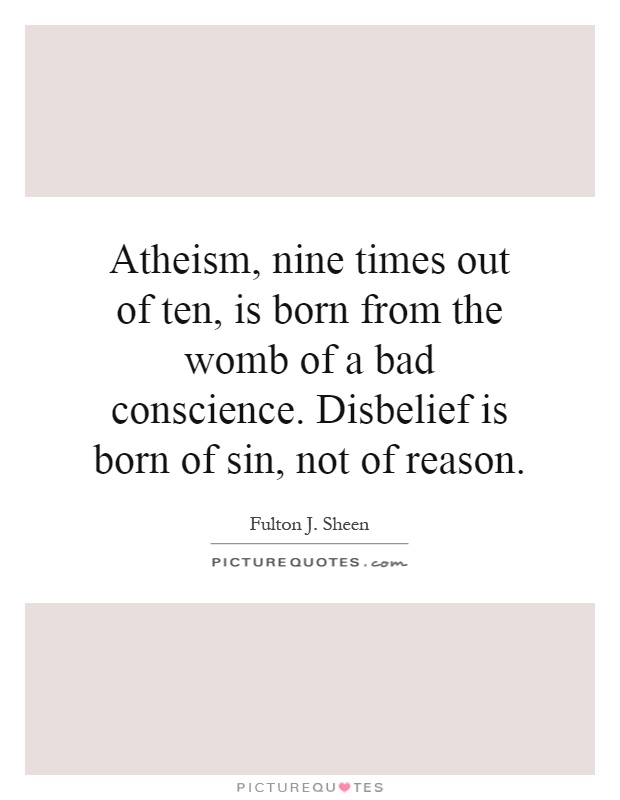
Atheism, nine times out of ten, is born from the womb of a bad conscience. Disbelief is born of sin, not of reason
Fulton J. Sheen, a renowned American bishop and theologian, was known for his strong beliefs in the Catholic faith and his ability to articulate complex theological concepts in a way that resonated with a wide audience. One of his most controversial statements was that "Atheism, nine times out of ten, is born from the womb of a bad conscience. Disbelief is born of sin, not of reason." This statement reflects Sheen's belief that atheism is not a rational rejection of God, but rather a moral failing that stems from a guilty conscience.Sheen's assertion that atheism is often the result of a bad conscience can be understood in the context of his broader views on morality and sin. In Catholic theology, sin is seen as a rejection of God's will and a turning away from the moral law. Sheen believed that those who reject belief in God do so not because of a lack of evidence or logical reasoning, but because they are unwilling to confront their own moral failings and the consequences of their actions. In this sense, atheism becomes a convenient way to avoid accountability for one's sins and to justify immoral behavior.
Sheen's statement also reflects his belief in the importance of faith and the role it plays in shaping one's worldview. For Sheen, faith was not just a matter of intellectual assent to certain beliefs, but a transformative experience that had the power to change hearts and minds. He believed that those who embraced atheism were missing out on the opportunity to experience the grace and redemption that comes from a relationship with God.
While Sheen's views on atheism may be controversial and challenging for some, they offer a unique perspective on the relationship between belief, morality, and conscience. By suggesting that atheism is often a result of moral failings, Sheen challenges us to consider the deeper motivations behind our beliefs and to confront the ways in which our own actions and choices shape our understanding of the world. Ultimately, Sheen's words remind us that faith is not just a matter of reason, but of the heart and soul as well.

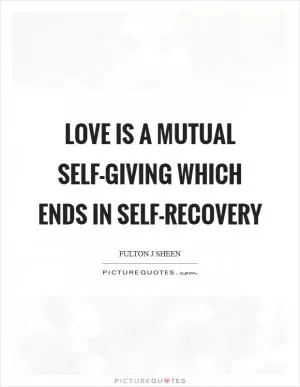

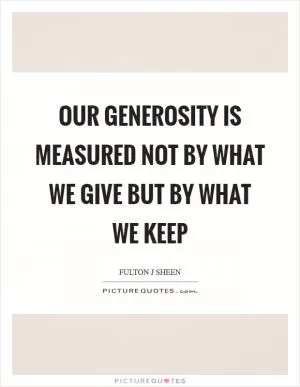
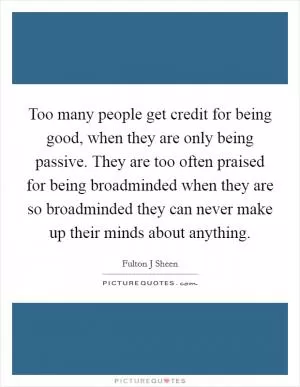
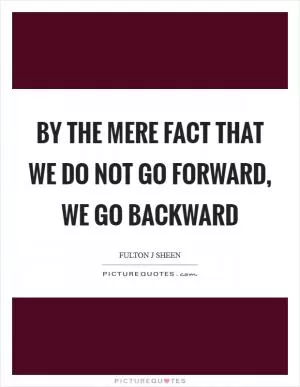



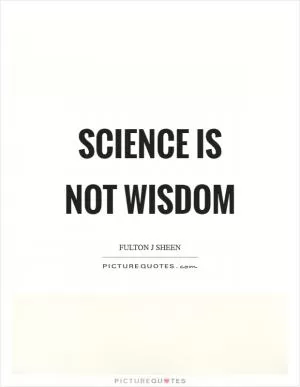


 Friendship Quotes
Friendship Quotes Love Quotes
Love Quotes Life Quotes
Life Quotes Funny Quotes
Funny Quotes Motivational Quotes
Motivational Quotes Inspirational Quotes
Inspirational Quotes